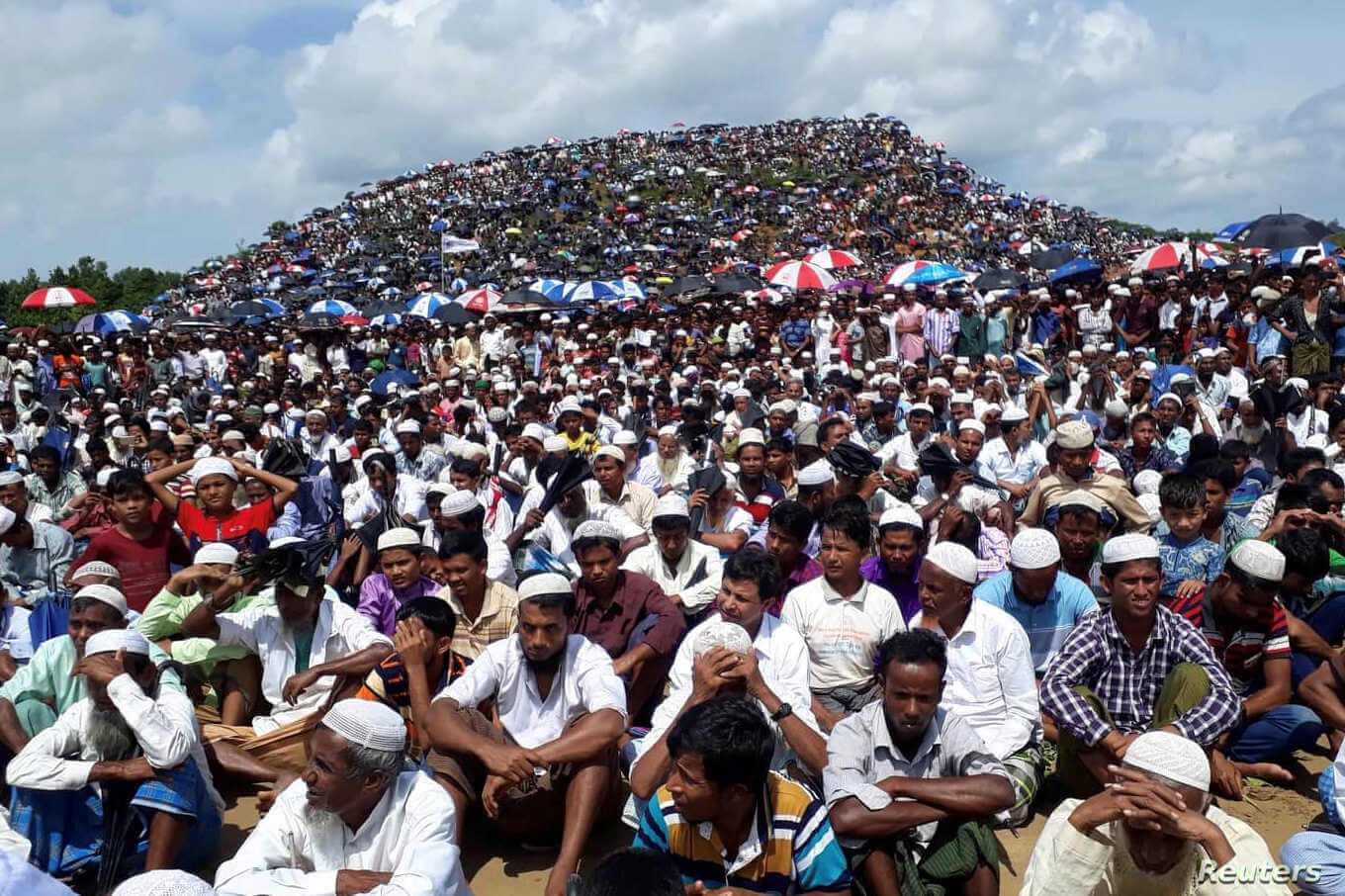Bangladesh’s Foreign Minister Dr AK Abdul Momen recently announced that the country had written to Myanmar regarding the repatriation of the Rohingya Muslims this year. This came after the United Nations General Assembly (UNGA) passed a resolution last Thursday that calls on Myanmar “to address the root cause of the crisis, including granting (the Rohingyas) citizenship and ensuring a safe and sustainable return to their homes by creating a conducive environment”, which Bangladesh hailed as a “diplomatic success”.
At a press briefing on Sunday, Momen said, “In the New Year, a letter has been sent to the State Council office in Myanmar.” Talking about the international need for a resolution to the crisis, Momen added, “Japan will also cooperate with us in the Rohingya repatriation. Japan has a huge investment in Myanmar. India and China are also working on the Rohingya repatriation. They all want a solution to this crisis”.
Bangladesh is hoping to begin the repatriation of the 400,000 Rohingya Muslims in the country, who came to Bangladesh in August 2017 following the deadly attack on their community by Myanmar’s military, which the UN said had “genocidal intent”. Even though the Myanmar government had previously signed a repatriation agreement with Bangladesh under mounting international pressure, it is yet to officially start repatriating the community.
Myanmar, which is a Buddhist majority country, has long-denied rights to the Muslim ethnic minority, which has its own language and culture. It even revoked their voting rights in the most recent election and refused to recognize them as people in the 2014 census. The denial of their rights has been ongoing for decades because Myanmar views the Rohingyas as illegal Bangladeshi immigrants who moved to Myanmar during the British colonial era.
Previous attempts to send the community back to the Rakhine state have failed due to refusal from the community itself. In 2019, Bangladesh had said that it wanted “nothing but a safe, voluntary, dignified and sustainable repatriation”. However, only last Tuesday, four navy ships from Bangladesh carried approximately 1,800 refugees from the mainland to the cyclone-prone island of Bhashan Char, situated three hours away, where 1,600 refugees were taken earlier. Citing safety concerns, specifically in light of the region’s proneness to floods, human rights groups, including Amnesty International, have requested Bangladesh to “drop” its plans of shifting the refugees to the unstable land. Despite the criticism, Dhaka eventually aims to rehouse 100,000 of the camps’ approximately one million Rohingya on the island while it works on a long-term solution to the problem.
The most recent UNGA resolution was supported by as many as 132 countries, including India, Japan, South Korea, Bhutan, Singapore, Sri Lanka and Nepal among others. However, nine countries, including Myanmar, Russia, Belarus, Cambodia, the Lao People's Democratic Republic, the Philippines, Vietnam and Zambia, opposed it. All nations who participated in the vote were also sent letters by the government of Bangladesh. “We have given a letter to all those who have voted for or against. Those who have voted for can do a better job in this regard. That is why we are not angry with anyone,” Momen added.
Bangladesh Foreign Minister Asks Myanmar to Initiate Repatriation of Rohingyas This Year
Bangladeshi Foreign Minister Dr AK Abdul Momen wrote a letter to his Myanmar counterpart demanding the initiation of the repatriation process this year.
January 4, 2021

SOURCE: RAFIQUR RAHMAN/REUTERS
